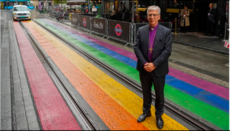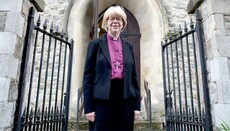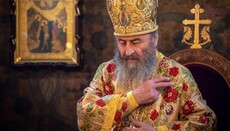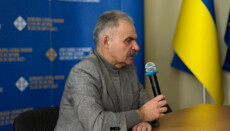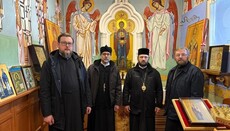In Italy, RCC assembly urges bishops to recognize LGBT and women's ministry
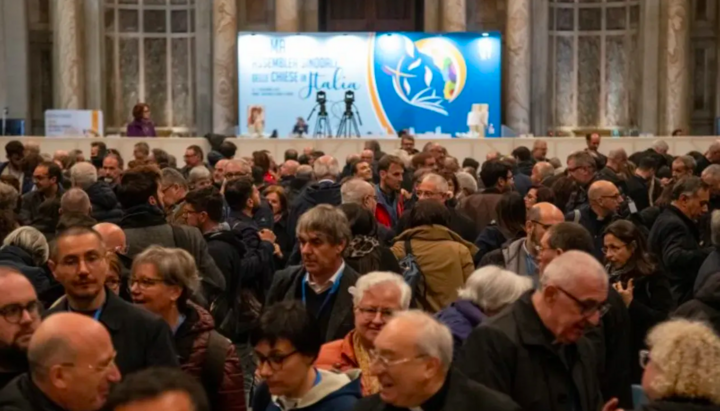
Italian Catholics approved a "synodal path" document calling the Church to greater openness on LGBT issues and women's ordination.
On October 24, 2025, the Italian Synodal Assembly of the Roman Catholic Church once again voted for a document urging parishes to support LGBT representatives and consider the issue of female diaconate. In the spring, A previous attempt to vote on the document was met with opposition from critics who said it was too vague, especially with regards to pastoral care for LGBT people, female participation in the Church, and the abuse crisis, reports The Pillar.
The adopted document speaks of the need to "overcome discriminatory attitudes" and "promote the recognition and support of homosexuals and transgender people". The assembly also proposed that bishops "encourage research" on the topic of female diaconate, a step many perceived as a signal for further discussion of female priesthood.
The final text consists of 75 proposals covering issues of missionary activity, synodal education, and the shared responsibility of laypeople. Among the initiatives are support for Catholics in "irregular unions," updating liturgical language, and expanding lay participation in parish governance.
Archbishop Erio Castellucci, president of the national committee of the synodal assembly, said the document "is steeped in experiences of peace and hope". “Despite many challenges, it captures the reality of more than 200 local churches, with all their articulations, committed to living and transmitting hope and peace: often unnoticed, without ‘making the news,’ but always with tenacity and evangelical care,” he said in a statement.
According to The Pillar, the majority of the assembly participants, which included over a thousand laypeople, priests, and religious, voted for the document. Now, based on it, the bishops of Italy will prepare resolutions to be considered in November.
The Italian "synodal path", as the bishops’ conference has called it, began in 2021, at the initiative of Pope Francis and has become one of the most debated parts of the church-wide movement of "synodality".
The UOJ previously reported that in Italy, a diocese of the RCC rented out church premises to a school of witchcraft.







